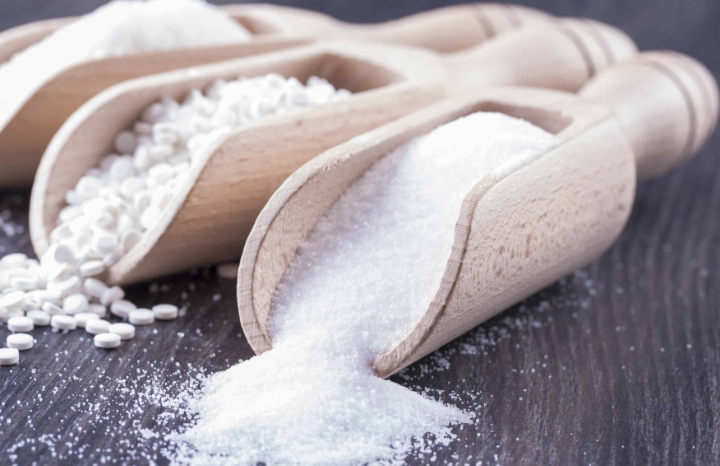By Chioma Obinagwam
Aspartame is a low-calorie artificial sweetener used in many food and beverage products as a sugar substitute. While it is considered safe for consumption by regulatory agencies like the U.S. Food and Drug Administration (FDA), there have been concerns and studies regarding its potential health effects.
Confiance News learnt that these are some reasons why aspartame has been considered injurious to health:
Controversial Studies: Some studies have raised concerns about the safety of aspartame, linking it to various health issues, including cancer, neurological disorders, and metabolic disturbances. However, it is essential to note that the majority of scientific research supports the safety of aspartame within acceptable daily intake levels.
Phenylketonuria (PKU): Aspartame contains phenylalanine, an amino acid that can be harmful to individuals with phenylketonuria (PKU), a genetic disorder. People with PKU cannot properly metabolize phenylalanine, leading to an accumulation of this substance in the body, which can cause neurological problems and intellectual disabilities.
Migraines and Headaches: Some individuals may experience migraines or headaches as a result of consuming aspartame. The exact mechanism behind this is not entirely understood, but it is believed to be related to changes in brain chemistry triggered by the sweetener.
Allergic Reactions: Although rare, some people may be sensitive or allergic to aspartame, experiencing symptoms like hives, itching, swelling, or difficulty breathing after consuming products containing the sweetener.
Potential Impact on Metabolism: Some studies have suggested that aspartame may influence metabolism and appetite regulation, leading to increased hunger and subsequent overeating, which could contribute to weight gain.
Increased Risk of Metabolic Syndrome: Some research has indicated a potential link between aspartame consumption and an increased risk of metabolic syndrome, a cluster of conditions that include high blood pressure, abdominal obesity, high blood sugar, and abnormal cholesterol levels.
Disruption of Gut Microbiota: There is emerging research suggesting that artificial sweeteners like aspartame could alter the composition of gut bacteria, potentially leading to imbalances in the gut microbiome, which may have implications for overall health.
It’s important to emphasize that the majority of scientific evidence supports the safety of aspartame when consumed within the acceptable daily intake levels established by regulatory agencies. Nonetheless, some individuals may be more sensitive to its effects, and as with any food additive, moderation is key. If you have specific health concerns or conditions, it’s always best to consult with a healthcare professional for personalized advice.














Leave a comment